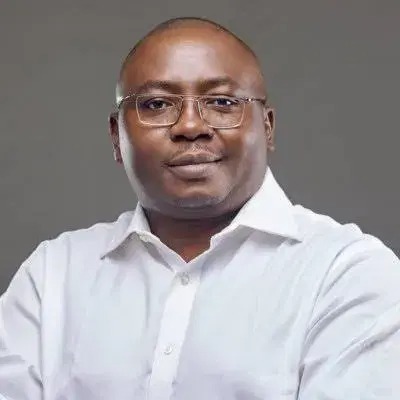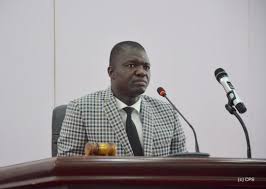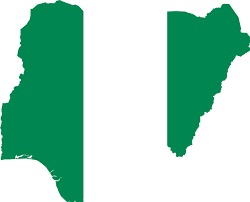The Minister of Foreign Affairs, Ambassador Yusuf Maitama Tuggar, has lauded Moniepoint’s role in the nation’s financial technology (fintech) ecosystem describing the company as a “true Nigerian success story”. Tuggar made this remark during his visit to the offices of Moniepoint Inc. in the United Kingdom. He highlighted the company’s impressive growth, citing its over 2000 employees, …





